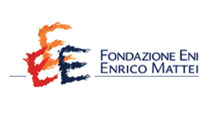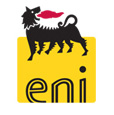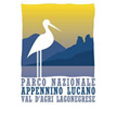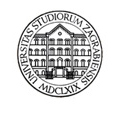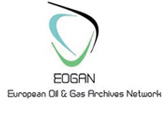Necst proposes an educational experience based on the collaboration between students from different geographic and social environments.
The project is based on the digital and shared production of scientific contents and on an extracurricular, in-depth analysis of themes of common interest in the field of energy and the environment.
This initiative represents an innovative and inclusive educational model, potentially applicable to other contexts and sectors aimed at fostering intercultural dialogue through the extensive use of information and communication technologies.
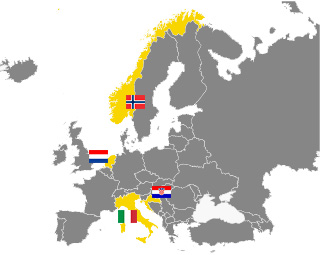
In line with both the EC energy and educational programmes, NECST aims at developing an alternative educational offer, which is innovative, inclusive, focused on the energy issues and based on the potential offered by the ICTs.

The project represents a cross-sectoral strategic partnership involving research organisations, universities, enterprises and public bodies with a specific expertise in energy and environmental issues.
Secondary schools of 4 European countries with an interest in energy production also participate in the project (Croatia, Italy, Norway, The Netherlands).
The project builds upon the implementation of a cross-media e-learning platform, based on the frontier educational strategy of “peer education”. It represents a virtual dimension where diversified multimedia contents related to energy issues are uploaded and explored.
The project includes preliminary training (web seminars and short-term mobility) for both teachers and students of the participating schools, in order to provide specific knowledge on energy issues and on the tools and methodology to be used.
The main result of the project is the cross-media platform “Connecting Energy” and the digital contents produced within the project (videos, interviews, reportages, surveys, etc.).
Some of these contents, developed by experts of the academic, research and business sectors, will provide accurate and accessible scientific information aimed at increasing the knowledge of the students involved in the project.
These documents will help stimulate a debate among the students and foster their critical awareness of energy production activities and their impact on social welfare (health, the environment, employment, growth).

Based on this debate the students, assisted by their teachers, projects tutors and facilitators, will contribute to the development of contents in e-journalism formats that will be published and disseminated through the platform.
Results are also expected within the training activities and include the outputs of the web seminars and the methodology guidelines.
The project foresees the production of a large number of multimedia contents (videos, interviews, reportages, surveys, etc.) as well as methodological guidelines and other training material that will be published online on the project web site.
The project partner are: Fondazione Eni Enrico Mattei (FEEM) , ITALY- Eni S.p.A., ITALY- Civicamente S.r.l., ITALY- Faculty of Mining, Geology and Petroleum Engineering, University of Zagreb, CROATIA – Ente Parco Nazionale Appennino Lucano Val d’Agri Lagonegrese, ITALY- The Norwegian Oil and Gas Archives, NORWAY.



